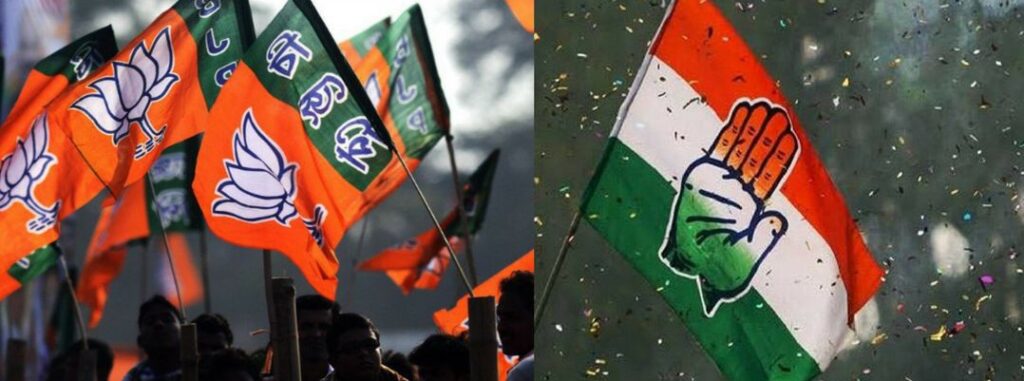The Election Commission of India has announced the results for all Lok Sabha constituencies, with the BJP winning 240 out of 543 seats and the Congress securing 99 seats. The final result, declared from the Beed constituency in Maharashtra, saw NCP candidate Bajrang Manohar Sonwane narrowly defeating BJP’s Pankaja Munde by 6,553 votes.
While the Lok Sabha comprises 543 members, counting was conducted for 542 seats as BJP’s Surat candidate Mukesh Dalal was elected unopposed. The results, declared early on June 4, pave the way for Prime Minister Narendra Modi to lead the government for a third consecutive term. Despite significant losses in three key Hindi heartland states, the BJP-led National Democratic Alliance (NDA) has achieved a majority in the Lok Sabha. This election was widely viewed as a referendum on Modi’s leadership and popularity.
The BJP faced notable setbacks in reserved seats. It lost 19 seats designated for Scheduled Castes (SC) across Uttar Pradesh, Rajasthan, Maharashtra, Haryana, Karnataka, Bihar, Punjab, and West Bengal, as well as 10 Scheduled Tribe (ST) seats across Maharashtra, Jharkhand, Karnataka, Rajasthan, and West Bengal. The Indian National Congress captured 12 of these SC seats and seven of these ST seats.
Among the significant losses for the BJP were Jharkhand’s Khunti, where Congress’ Kali Charan Munda defeated former Jharkhand CM and Union Tribal Affairs Minister Arjun Munda by nearly 1.5 lakh votes, and Rajasthan’s Banswara (ST), where the BJP was defeated by the Bharat Adivasi Party by a margin of nearly 2.5 lakh votes. In Karnataka’s Chamrajanagar, the BJP lost to the INC by over 1.88 lakh votes.
In the 2019 Lok Sabha elections, the BJP had secured 77 seats reserved for SCs and STs, an increase from 71 in 2014. In contrast, the Congress, which had won a combined seven SC and ST seats in 2019, secured victories in 32 of these constituencies in 2024.
These results follow two months of intense electioneering during the seven-phase voting process, which saw a notable shift after the first phase of voting on April 19. Before the second phase, the Congress intensified its campaign focusing on a socio-economic caste census, prompting Prime Minister Modi to reposition the BJP’s rhetoric. Modi accused the Congress and its allies of planning to transfer SC/ST/OBC quotas to Muslims, positioning his party as the protector of reservations for SCs, STs, and OBCs.
Prime Minister Narendra Modi is now set to lead India for another term, with the BJP securing a clear majority despite facing challenges in key constituencies.

